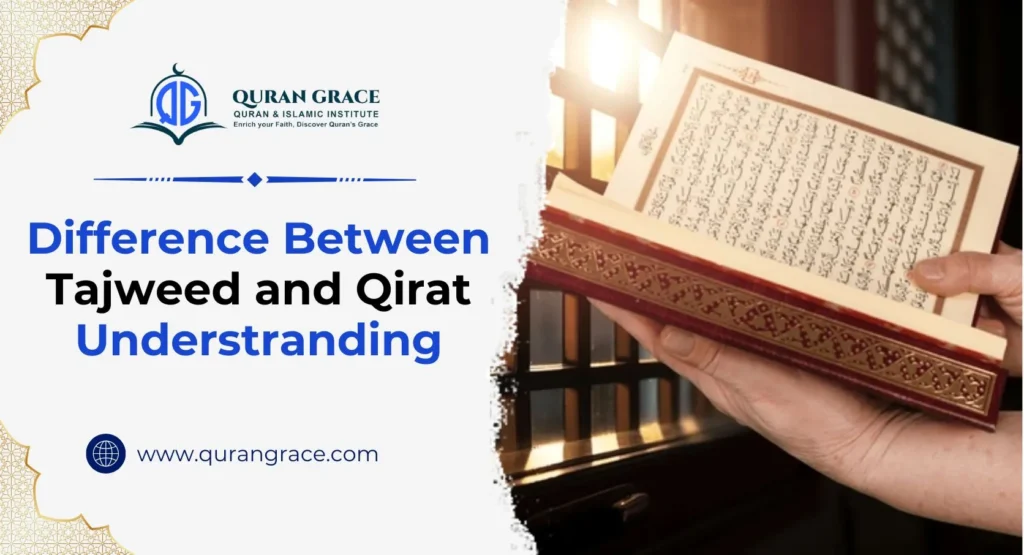Islamic Studies is a comprehensive academic discipline that explores Islam not only as a faith but also as a civilization and a socio-political entity throughout history and in today’s context. This field goes beyond theology, covering a wide range of topics that seek to understand the beliefs of its followers and the cultural implications of Islam on a global scale.
Core Disciplines of Islamic Studies
Islamic Studies draws from various traditional Islamic sciences and modern academic disciplines to offer a holistic understanding. Key areas of focus include:
- Theology (Kalaˉm): This area systematically explores the core beliefs of Islam, such as the nature of God (Allah), prophecy, revelation, and the afterlife. It involves rational defense and articulation of Islamic doctrine.
- Qur’anic Studies (‘Uluˉm al-Qur’aˉn): This focuses on the Qur’an, the central religious text of Islam. It includes Tafsıˉr (exegesis or interpretation), the historical context of revelation (Asbaˉb al-Nuzuˉl), and the memorization and recitation (Tajwıˉd) of the text.
- Hadith Studies (‘Uluˉm al-Hadıˉth): This involves the rigorous study of the Hadith, the sayings, actions, and approvals of the Prophet Muhammad. It critically examines the chain of narration (isnaˉd) and the content (matn) to determine authenticity and application.
- Islamic Law (Fiqh): This discipline is concerned with the practical application of Islamic ethical and moral principles, primarily derived from the Qur’an and Sunnah, to everyday life. It covers areas like family law, commercial transactions, criminal justice, and ritual purity (‘ibaˉdaˉt), organized into different $\textbf{schools of thought ($\textit{Madhāhib}$)}$.
- Islamic History (Taˉrıˉkh): This explores the political, social, and cultural history of the Muslim world, from the life of the Prophet Muhammad and the establishment of the early caliphates to the great empires (Umayyad, Abbasid, Ottoman, etc.) and modern developments.
- Sufism (Islamic Mysticism – Taṣawwuf): This explores the inner, spiritual dimension of Islam, focusing on the purification of the soul, direct experience of the Divine, and the practices of various Sufi orders (ṭarıˉqaˉt).
Broader Academic and Cultural Dimensions
Beyond the core religious sciences, Islamic Studies intersects with the humanities and social sciences:
- Philosophy (Falsafah): It examines the rich tradition of Islamic philosophy, its engagement with Greek thought, its own distinct schools, and its influence on both Western and Eastern intellectual history. Key figures include Al-Kindi, Al-Farabi, Ibn Sina (Avicenna), and Ibn Rushd (Averroes).
- Art and Architecture: This field studies the unique aesthetic traditions, calligraphic forms, geometric designs, and architectural styles (like mosques, palaces, and tombs) that have flourished in Muslim civilizations across different periods and regions.
- Literature and Languages: Focuses on the vast literary output of Muslim societies, particularly in Arabic, Persian, Turkish, Urdu, and other regional languages. This includes poetry, prose, and religious texts.
- Islamic Economics and Finance: A growing area that examines the principles of economic activity based on Islamic ethics, particularly the prohibition of interest (ribaˉ) and the importance of social justice and wealth distribution (zakaˉt).
- Political Science and Sociology: Explores the role of Islam in contemporary politics, the formation of modern Muslim states, Islamic political thought, and the social structures and demography of Muslim communities worldwide.
Why Study Islam?
Studying Islam is critically important for several reasons:
- Global Understanding: With over 1.8 billion adherents, Islam is the world’s second-largest religion. Understanding its teachings, history, and culture is vital for global literacy and cross-cultural communication.
- Historical Significance: Islamic civilization played a pivotal role in preserving and advancing knowledge during the Middle Ages, making crucial contributions to mathematics, medicine, astronomy, and philosophy.
- Contemporary Relevance: Islamic issues are central to many discussions in international relations, human rights, and social justice. Academic study provides a nuanced perspective that moves beyond media stereotypes and political rhetoric.
- Intellectual and Ethical Depth: The classical Islamic tradition offers profound insights into ethics, law, and metaphysics that are valuable for comparative religious and philosophical study.
Conclusion
Islamic Studies is a vibrant and crucial academic field that promotes a comprehensive and empathetic understanding of one of the world’s significant civilizations and faiths. Quran Grace invites you to participate in our Islamic Studies online course, which begins with a free evaluation class to help you get started.








